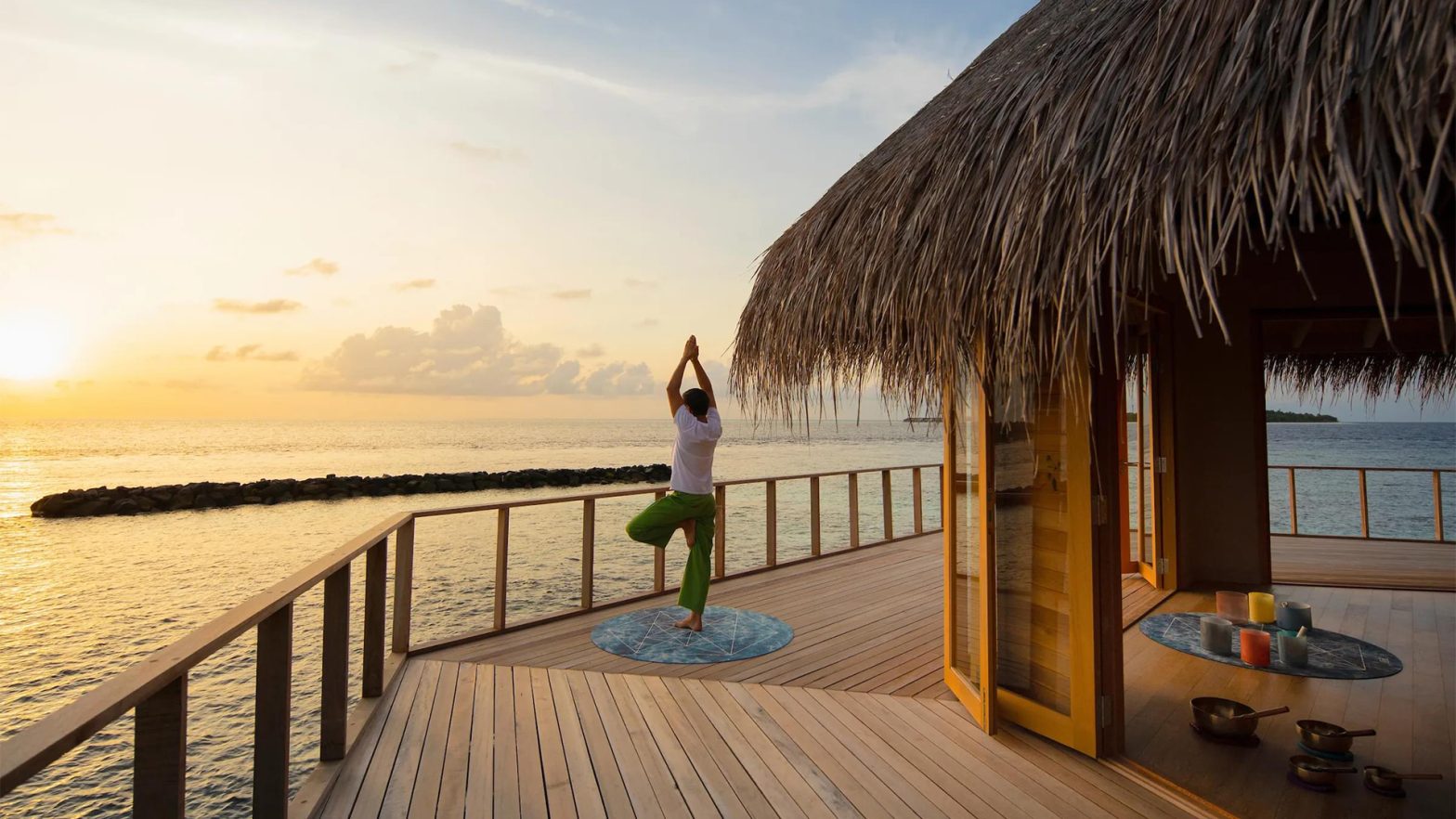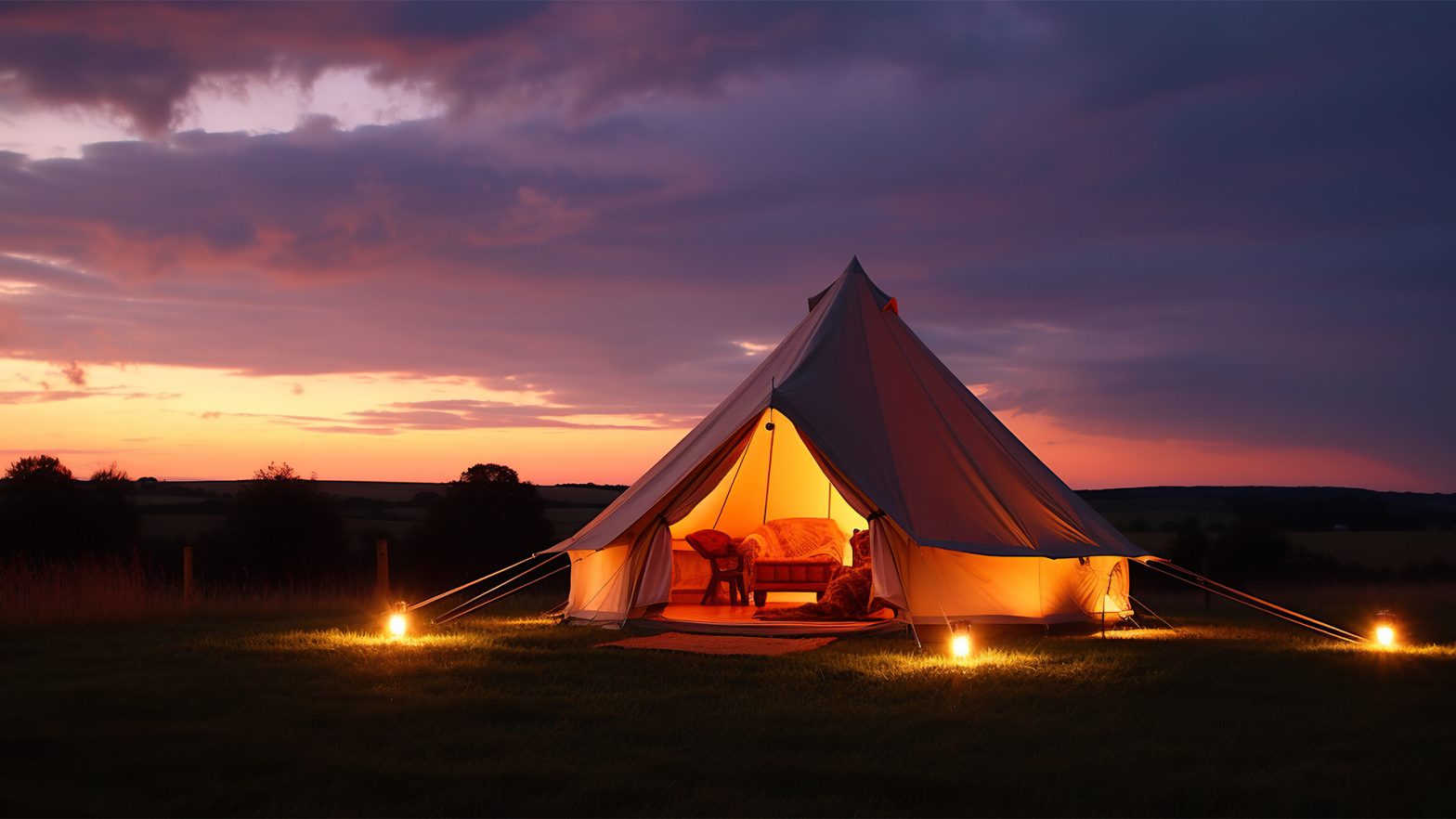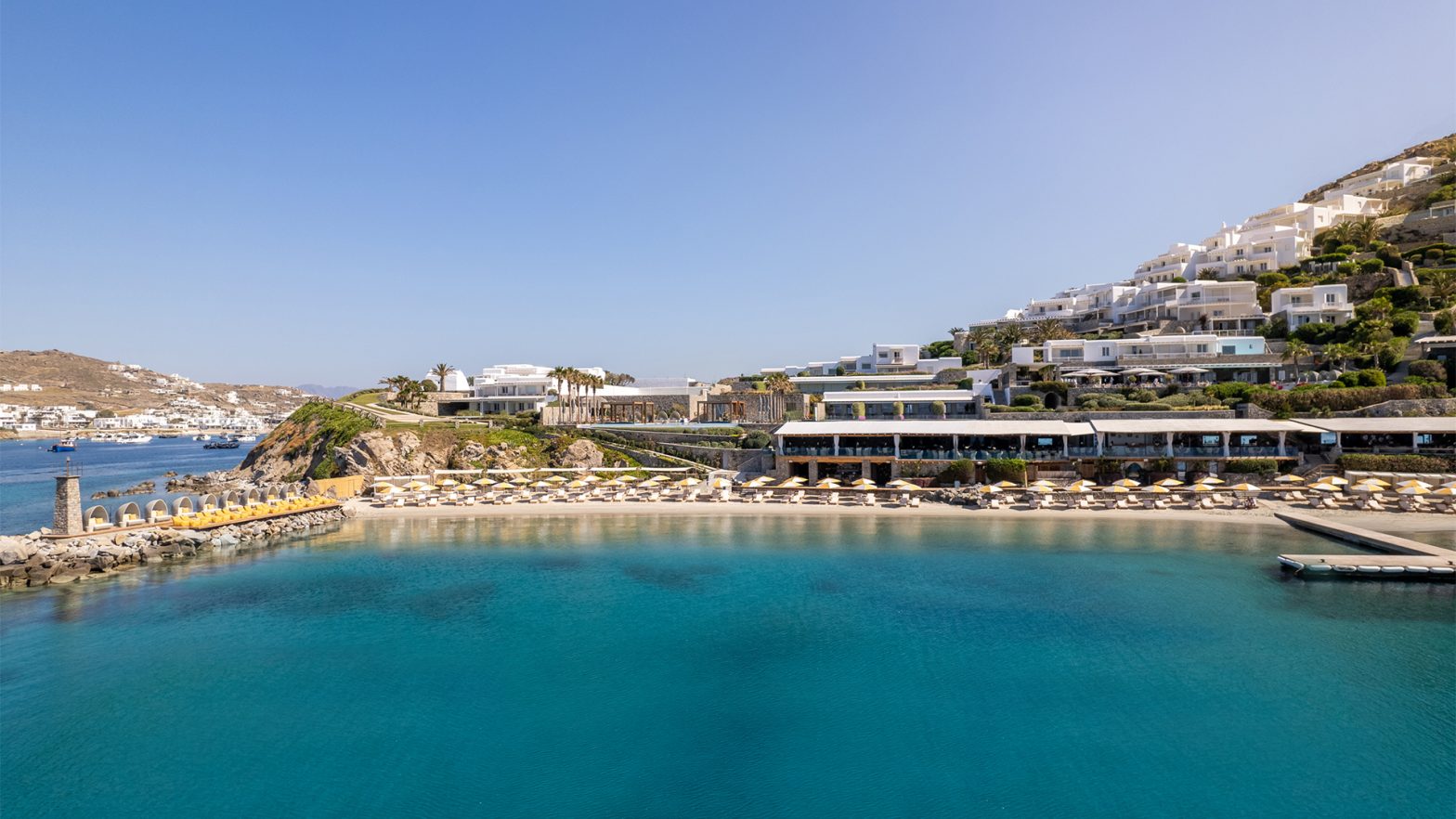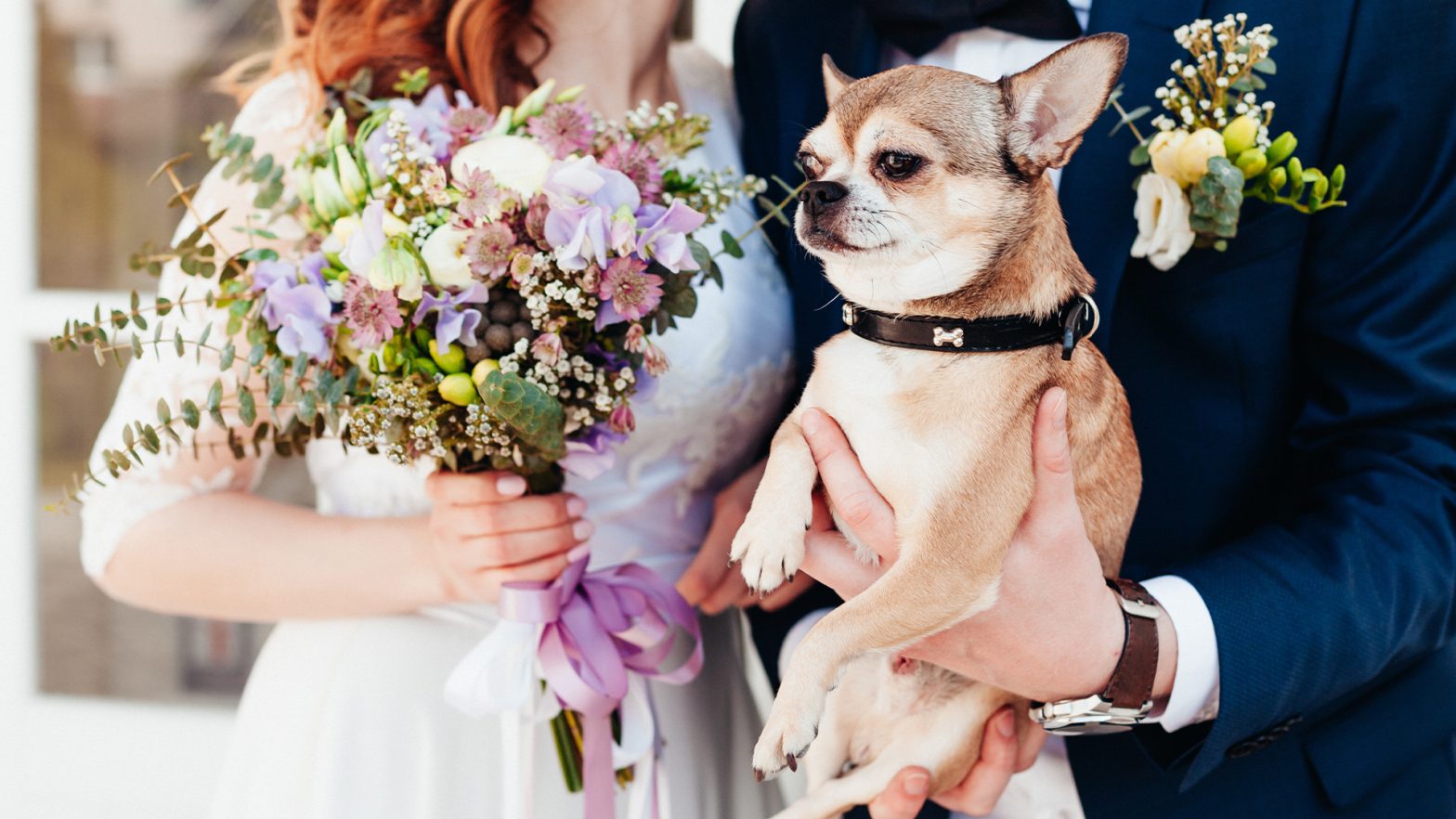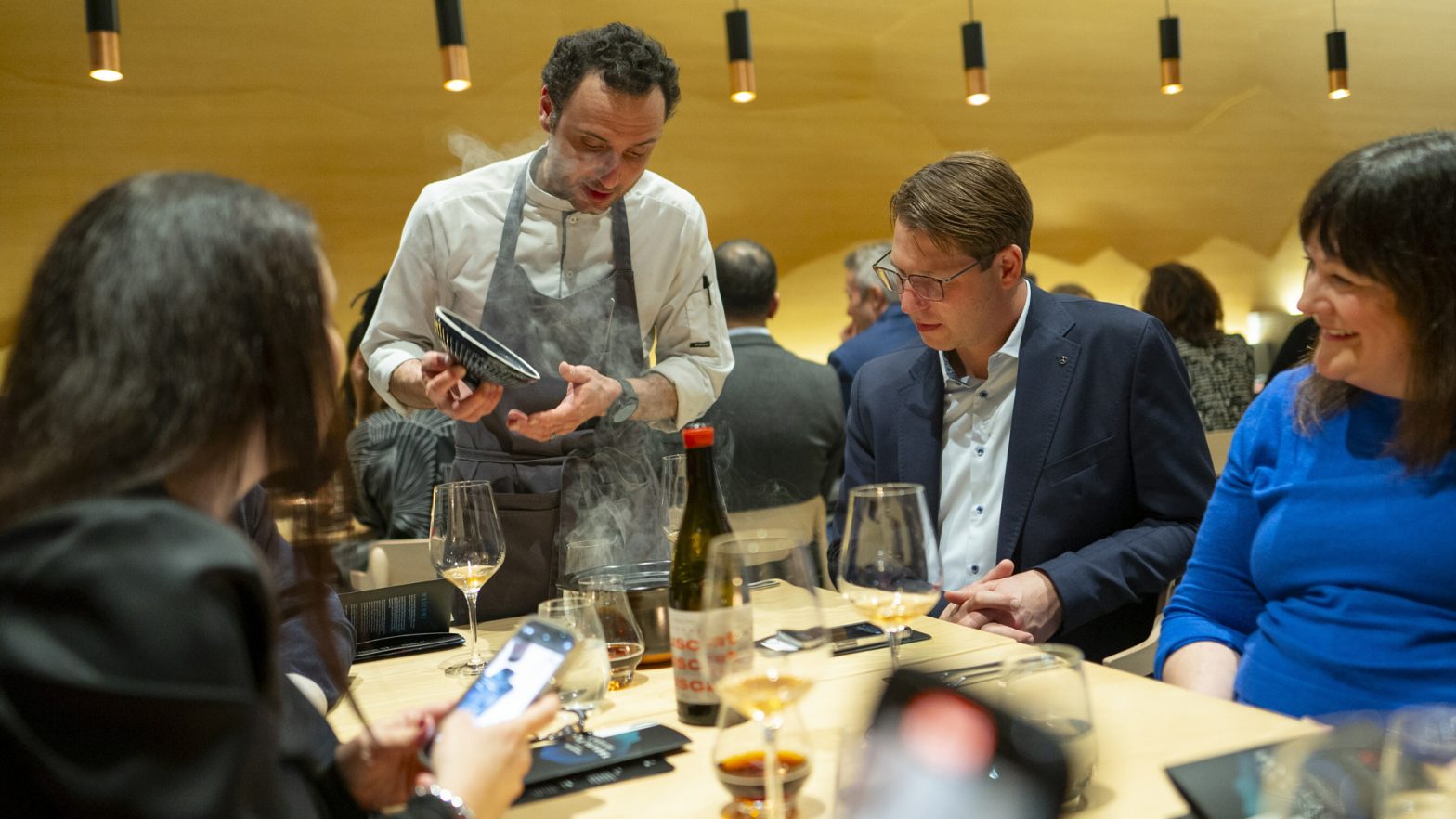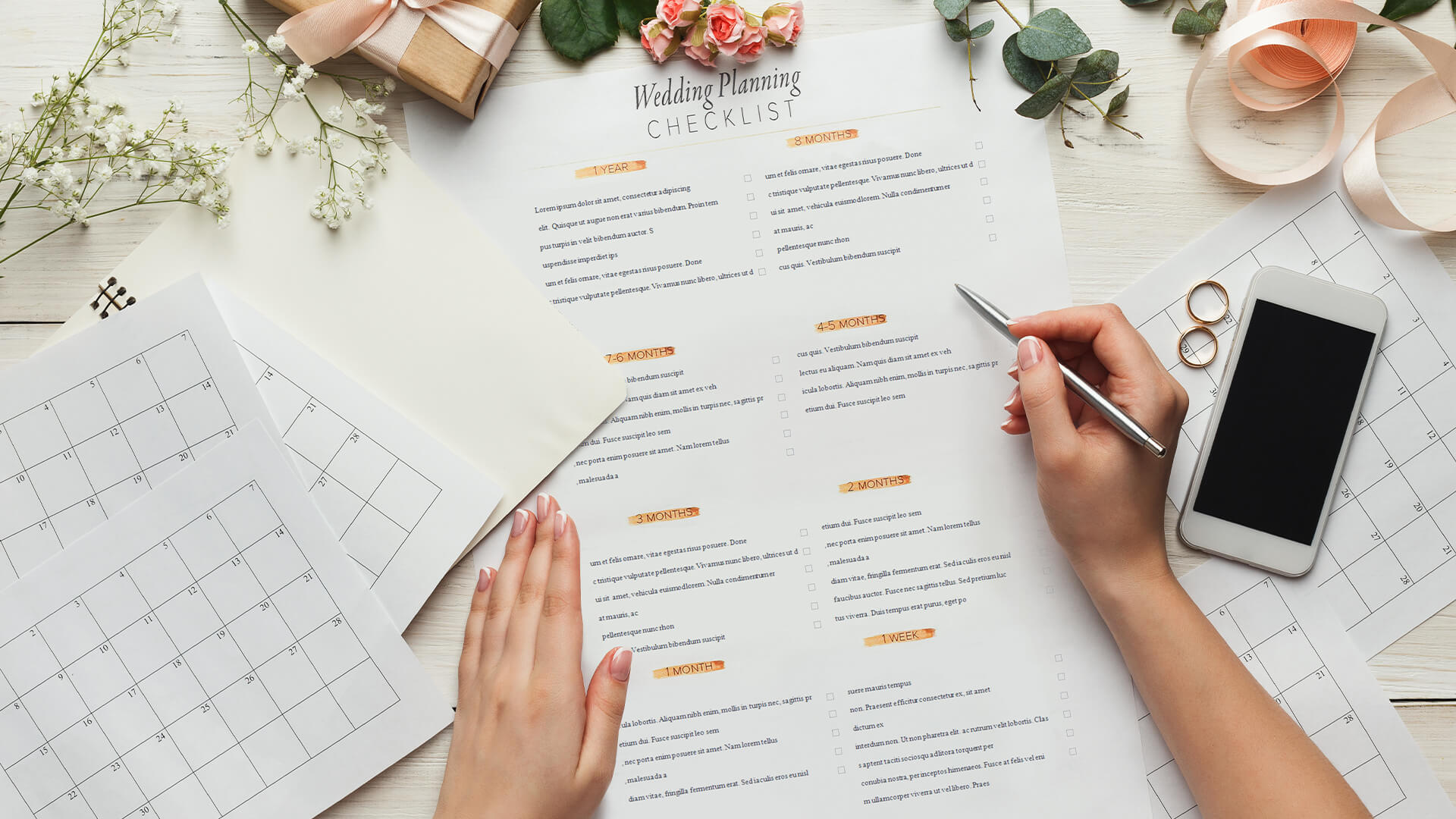
As recent government announcements outline that weddings and civil partnership events and ceremonies can continue provided new social distancing guidelines are followed, the wait for your dream day is in sight. Although your wedding plan may not be initially what you had in mind pre-lockdown, your big day can still continue with just a few adjustments.
Here, we offer some tips on how to effectively prepare for your smaller-scale wedding, how to maintain social distancing on the big day, and the added bonuses that come with downsizing the event!
Review your guest list
First things first, if you’ve had your ideal guest list planned and prepared pre-lockdown, you will need to review this if it exceeds the 30 people mark. Although this isn’t ideal, it is something that must be accepted to help stop the spread of the virus.
The idea of removing some people from the guest list or uninviting those that have already received an invitation is no easy decision to make – and will likely leave you feeling guilty. But it’s important to remember that under the current societal circumstances, you are left with no choice! Obviously, prioritising the friends and family closest to you and all those involved in the actual ceremony is a must. After that, make sure to choose from the ‘C and D’ guest list wisely, and decide who out of those work colleagues, old school friends, and ‘obligatory guests’ that were originally invited aren’t a vital contribution to the day.
Another factor to consider when downsizing your guest list is those that are naturally more vulnerable to the coronavirus. For example, the elderly members on the list or those with underlining health conditions. To help protect them from contracting the virus, perhaps removing them from the guest list and hosting a separate occasion to celebrate your big day is for the best.
Decide where to host your wedding
Depending on where you originally planned to host your wedding, you may want to review this after considering the different lockdown regulations that are put in place. For example, if you’re planning a wedding venue in England, the venues can only reopen if they can do so safely and ceremonies should run for as little time as possible.
On the other hand, venues in Northern Ireland are allowed to host outdoor wedding ceremonies, where the number of people allowed to attend depends on a social distancing risk assessment conducted by the venue themselves.
For those that planned on getting married in Wales, indoor wedding ceremonies are still not allowed. As for Scotland, indoor wedding ceremonies can only hold a maximum of twenty people, and the rules regarding gatherings are the same for receptions.
After considering the variances in rules, you may feel it’s best to relocate your wedding elsewhere depending on how many attendees you have left on the list. For those planning to host a really small wedding that doesn’t include over 20 people, perhaps Scotland is the ideal place to host the day.
Wherever you decide to host your wedding, make sure it is some place that is special to you. For example, if you’ve got your mind set on hosting your big day embracing the picturesque views at a wedding venue in the Lake District, then don’t settle for anything less!
Maintaining social distancing
By now, we’re all familiar with the need-to-knows of social distancing as we see life gradually return to normal. The same concepts apply when hosting a wedding too, to keep you and your guests safe.
In order to safely host your wedding, you must take into account:
- Two metre spacing between each sitting area: ensuring the venue has accurately measured the distance between each seating area is vital to ensure social distancing rules are met
- Advise guests to wear masks: especially if the venue is inside an enclosed area, wearing a mask will help protect guests when communicating
- Arrange chairs in a particular way: it’s suggested that no seating arrangement should have guests facing each other, and in addition to this, place protective screens between seats
- Implement a walkway system: designing a system whereby guests don’t cross each other when walking from A to B and back again is an effective way to limit close contact
- Show guests straight to their seat: when guests arrive, show them where they’re sitting immediately to stop them from walking near each other to find out where they are going to be for the ceremony
The benefits of smaller scale weddings
Although your dream wedding may have consisted of dozens of friends and family members, current societal circumstances have limited the scale of your big day. However, it’s important to remain positive during these times and think about the perks of reducing the size of your wedding!
For a start, fewer guests mean less of a financial burden. From saving money on catering to finding a venue big enough to fit all guests, and to funding the tab on the free bar, hosting a smaller wedding will be a blessing to your bank account.
Not only that, having fewer guests allows you to dedicate more attention towards those you are closer with. For the friends and family that have travelled far to attend, it will make it easier to catch up for lost time.
It’s no secret that weddings take a lot of time and patience to organise. By hosting a smaller scale wedding, some aspects of the organisation process will be quicker than larger ceremonies – the posting of invitations being one of them. If you’re opting to hand-write your invitations and send them out via post, this can be a tedious process. However, having fewer guests means less time and effort dedicated to this!
Although your wedding day may have been placed on hold due to lockdown circumstances in recent months, we’re seeing life gradually return to being somewhat normal as venues reopen and ceremonies resume. With this said, it’s important that we take on board the government regulations put in place to help keep everyone safe while celebrating your big day.








